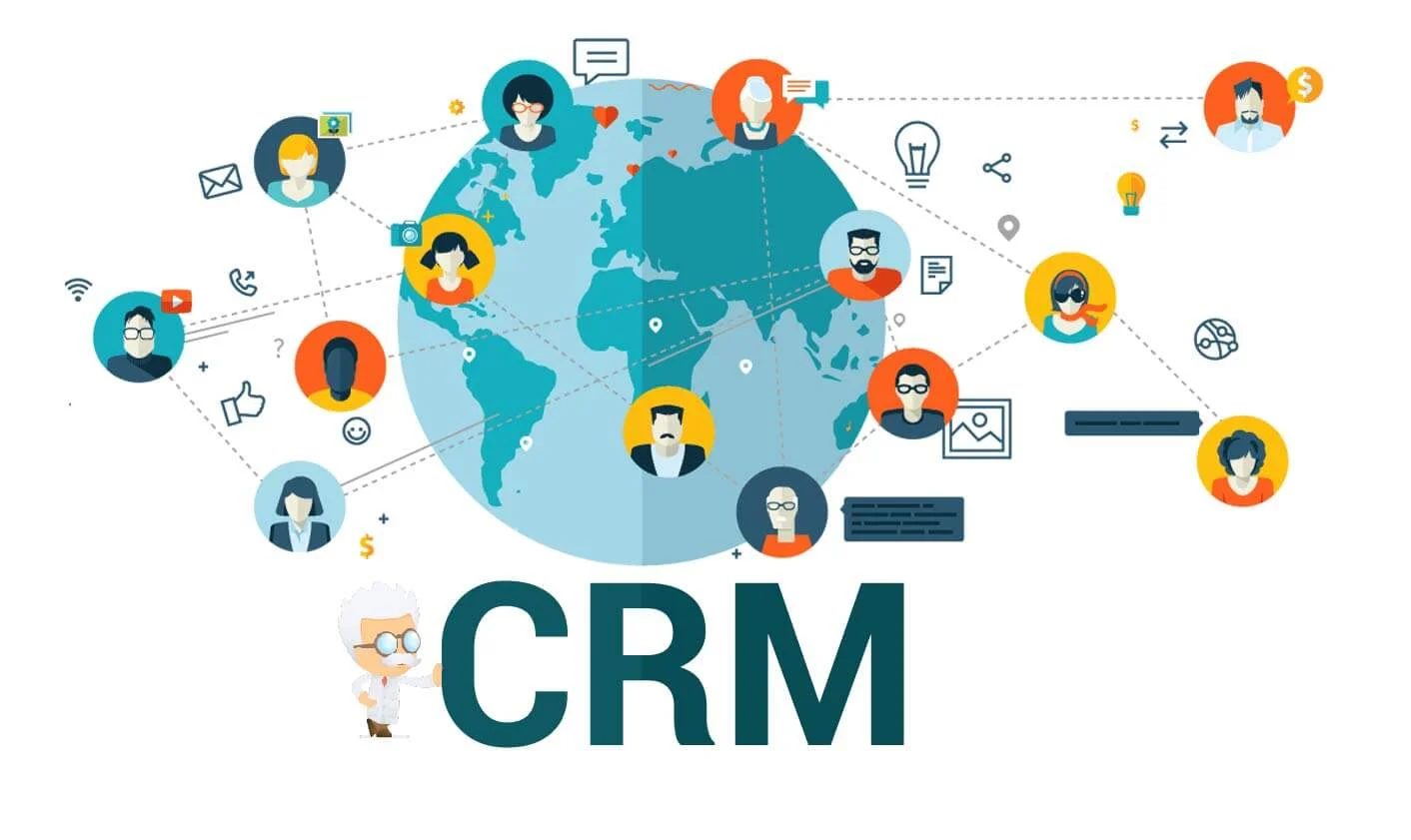CRM & CMS Development
CRM (Customer Relationship Management) software can be incredibly beneficial for businesses across various industries. Here are some of the key ways in which CRM software can help:
- Customer Data Centralization: CRM software acts as a central repository for customer information, including contact details, communication history, purchase history, and preferences. This enables businesses to have a comprehensive view of each customer.
- Improved Customer Relationships: By having access to a complete customer profile, businesses can better understand their customers' needs, preferences, and pain points. This information allows for more personalized interactions and better customer service.
- Sales and Lead Management: CRM software helps sales teams manage leads, track opportunities, and monitor the sales pipeline. It provides tools for forecasting, automating follow-ups, and closing deals more efficiently.
- Marketing Automation: CRM systems often integrate with marketing tools to automate marketing campaigns, segment customers, and track campaign performance. This results in more targeted and effective marketing efforts.
- Enhanced Customer Support: CRM software can streamline customer support processes by organizing support tickets, tracking resolutions, and providing support agents with the information they need to assist customers effectively.
- Data Analysis: CRM software generates valuable insights through data analytics. Businesses can analyze customer behavior, trends, and patterns to make informed decisions and adjust strategies accordingly.
- Increased Productivity: Automation features within CRM software reduce manual data entry and administrative tasks, allowing employees to focus on more value-added activities, such as building relationships and closing deals.
- Customization: CRM software can be tailored to the unique needs and workflows of a business. Customization ensures that the software aligns with the specific requirements of the organization.
- Mobile Access: Many CRM solutions offer mobile apps, enabling salespeople and support agents to access customer data and manage tasks while on the go.
- Scalability: CRM software can scale with your business as it grows. It can accommodate larger customer databases and more complex workflows.
- Customer Insights: By tracking customer interactions and feedback, CRM software can help businesses identify areas for improvement and innovation, leading to product or service enhancements.
- Customer Retention: CRM tools can assist in identifying at-risk customers and implementing retention strategies to reduce churn and foster long-term loyalty.
- Forecasting: CRM software provides forecasting tools that help businesses make informed predictions about future sales, revenue, and customer trends.
- Integration: CRM systems often integrate with other business applications, such as email, calendars, accounting software, and e-commerce platforms, streamlining operations.
- Compliance and Security: CRM software helps businesses maintain data privacy and compliance with regulations by offering security features and data protection tools.
In summary, CRM software is a powerful tool for managing and optimizing customer relationships, streamlining sales and support processes, and gaining valuable insights into customer behavior. It's a valuable asset for businesses looking to enhance their customer service, boost sales, and foster long-term growth.
